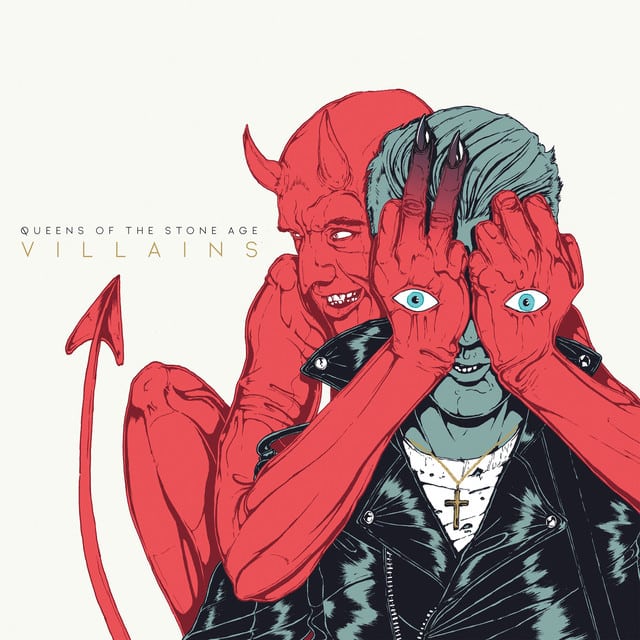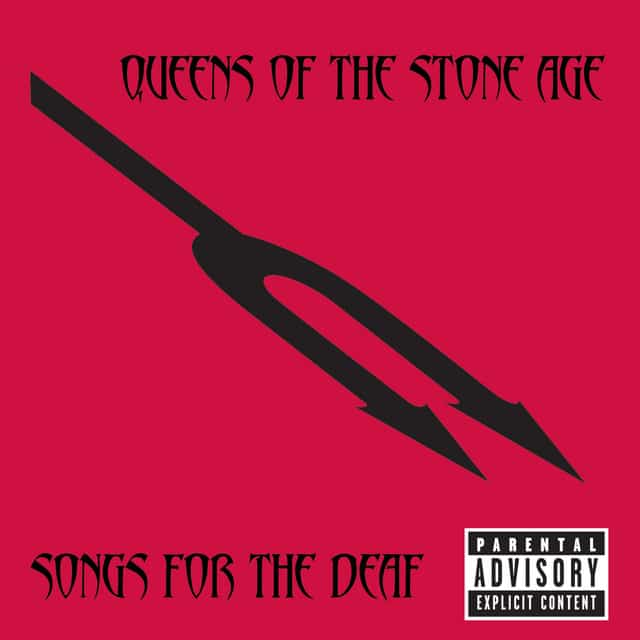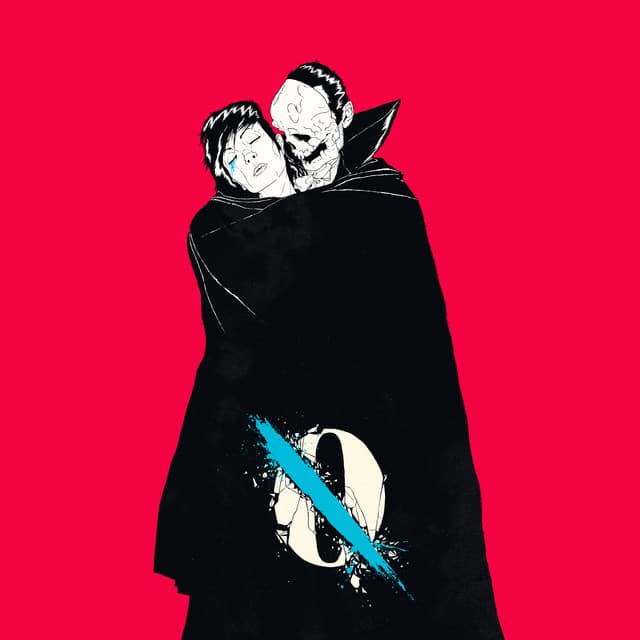Released: 2017
Ah, Queens of the Stone Age, a band that’s always been slick with their riffs and quick with their wits, gives us “The Way You Used To Do” – a fireball of rock’n’roll that hits you right in the feels while making your body groove. At its core, the song centers around an intense longing and nostalgia for a past love, wrapped in metaphors of rebellion and undying passion. It’s a raucous ode to love’s everlasting burn, no matter the scars it leaves behind.
The song kicks off with a vivid throwback to the narrator’s first encounter with a young love, setting the stage for a story that’s as fiery as it is intense. “When I first met her she was 17” – right off the bat, there’s a mix of innocence and the brink of adulthood, a potent combo in the world of rock lore. The comparison of their connection to an arsonist meeting a perfect match is not just clever wordplay; it’s a metaphor for an immediate, explosive connection – dangerous, passionate, and ultimately, consuming.
As the narrative unfolds, there’s a palpable defiance against the world, a theme as old as rock’n’roll itself. “We run where no one could find us, Girl, we outrun everyone” – it’s not just about love; it’s about love on the run, a us-against-the-world mentality that’s both romantic and rebellious. The refrain “But it doesn’t matter now, Just come and love me how, Like the way you used to do” encapsulates the song’s essence – a yearning for the past’s passion, a plea for a love that has perhaps lost its fervor over time.
The lyrics toy with the idea of love being a “mental disease or lucky fever dream,” an acknowledgment of love’s dual nature as both curse and blessing. The notion of giving “birth to monsters who will terrorize normalcy” speaks to the disruptive, transformative power of their love, a force so strong it defies ordinary life and “terrorizes” the commonplace.
Embedded in the song is a devil-may-care attitude towards the apocalypse, “If the world exploded behind us, I never noticed if it does” – showcasing a love so encompassing that even the end of the world is inconsequential in comparison. This mirrors the timeless rock and roll ethos of living in the moment, consequences be damned. The repeated pleas in the chorus are a vulnerable display of desire for a return to the early, passionate days of the relationship, making this track not just a rock song, but a heart-wrenching ballad dressed in leather and tattoos.
By the time we get to “My heart’s a ding-a-ling, A puppet on a string, C’est la vie,” there’s a blend of self-mockery and resignation, an acknowledgment of the uncontrollable nature of love, reflected in the playful yet resigned acceptance of one’s fate in love’s hands.
Ultimately, “The Way You Used To Do” punches through with Queens of the Stone Age’s signature sound as it explores the themes of longing, passion, defiance, and the sweet torture of love. It’s a rock song, sure, but it’s also a profound meditation on the nature of human connection, making you want to bang your head and open your heart all at once.








